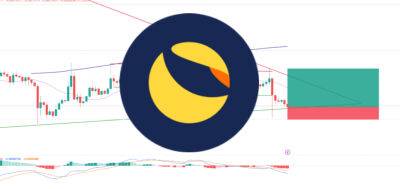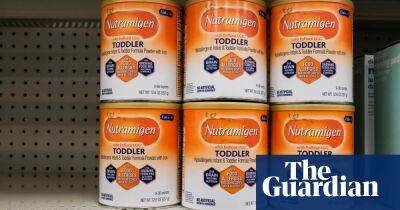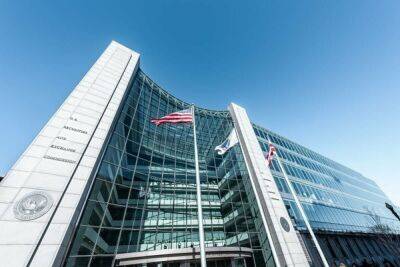Why are eggs so expensive? Because an avian flu killed 43 million hens last year
T he increased cost of eggs has been in the news, but the cause has largely been absent in mainstream media. A global pandemic of highly pathogenic avian influenza (HPAI), a form of bird flu (H5N1), has resulted in the deaths of over 43 million hens in the egg industry, causing a drop in the supply of eggs and higher prices for consumers. While industry and government officials are feverishly working on getting this outbreak under control, the more significant issue is that confining animals by the billions in cruel and stressful conditions exacerbates the spread of disease. The problem is getting worse, and agribusiness needs to stop distracting consumers with messages about high egg prices and be held accountable for its irresponsible conduct.
On factory farms across the US, animals used to produce meat, milk and eggs for human consumption are crowded by the thousands in unsanitary conditions, and they’re fed a steady diet of pharmaceuticals to ward off the resulting illness. This helps keep animals productive and alive long enough to reach market, benefiting agribusiness in the short term, but it is contributing to the development of more virulent forms of resistant pathogens that jeopardize the wellbeing of both human and nonhuman animals. As a study published in 2018 warned: “The golden age of antibiotics (the 1950s through 1970s) marked the beginning of the arms race between humans and bacteria. Antimicrobial resistance is now among the greatest threats to human health.”
And if antibiotic-resistant bacteria aren’t scary enough, viruses also mutate and evolve and can jump between species. The current bird flu pandemic has claimed its first human fatality, an 11-year-old girl in Cambodia, and it’s also been detected
Read more on theguardian.com













![Can Filecoin [FIL] keep up the pace as the FVM Mainnet draws near - ambcrypto.com - city Santiment](https://finance-news.co/storage/thumbs_400/img/2023/3/7/58650_4rc.jpg)





